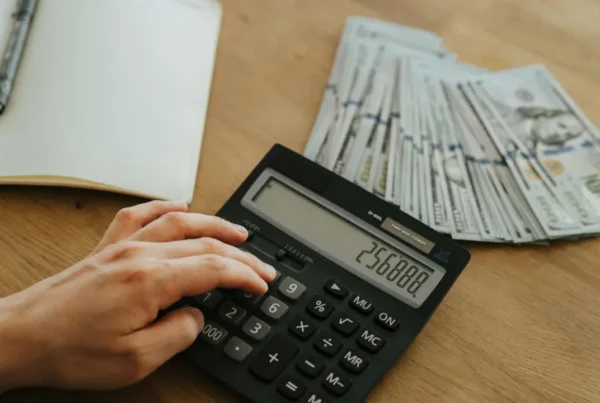
If you were approved for E-2 investor status through a change of status petition with U.S. Citizenship & Immigration Services (USCIS) as opposed to through a U.S. Consulate, this means you were given a 2 year approval which allows you to stay in the U.S. and develop and direct the E-2 company.
Can I attend business meetings outside the U.S. and return using my I-797A approval notice for E-2 status?
No. The I-797A approval notice is not a visa, which means that if you travel internationally you will have to submit a new E-2 application to a U.S. Consulate, attend an interview and get an E-2 visa stamp before you can return to the U.S. The U.S. Consulate does not have to consider the USCIS approval in their analysis and they will review the E-2 case as a brand-new case.
Are there any exceptions for travel to Mexico or Canada?
Yes, there may be an exception that would allow the E-2 status holder to briefly depart the U.S. to attend a meeting in Canada or Mexico and return in E-2 status. This is permitted under automatic visa revalidation if the following requirements are met:
- The trip is to Canada or Mexico and is 30 days or less;
- The E-2 status holder has a valid passport and a valid or expired visa in their passport;
- The E-2 status holder has an unexpired I-94 (this would be on the I-797A approval notice).
It is important to note that you cannot use automatic visa revalidation if you applied for a new visa while you were in Canada or Mexico and the new visa was denied or has not been issued yet. It is also important to note that automatic visa revalidation is only available if the person already has a valid or expired visa stamp in their passport. This can be an issue for Canadians, as they are visa exempt and do not usually receive visa stamps in their passports. For example, if a Canadian citizen was previously granted an L-1 at the border and changed to E-2 status in the U.S. and then traveled to Canada, they could not re-enter using automatic visa revalidation because the L-1 is a visa exempt classification for Canadians. Without an actual visa stamp issued by a U.S. Consulate in their passport, they cannot use automatic visa revalidation.
If you were granted E-2 status through USCIS, you should discuss your options with an immigration attorney before departing the U.S. to ensure you have a plan for getting an E-2 visa stamp that will allow you to re-enter the U.S. in E-2 status. If you have a valid passport, a valid or expired visa, a valid I-94 and you are traveling only to Canada or Mexico for 30 days or less, you may be able to re-enter using automatic visa revalidation.


